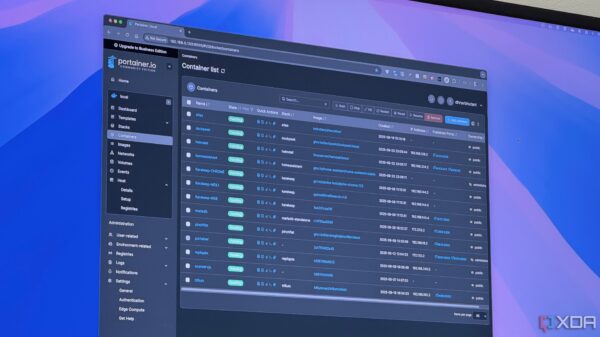As data science continues to grow in importance across various sectors, employers must refine their hiring strategies to attract the right talent. The increasing reliance on data to drive decision-making has led to a surge in demand for skilled data scientists. Companies are now looking beyond traditional qualifications and focusing on practical skills and relevant experience.
Data science roles are evolving rapidly, with companies utilizing data to enhance products, predict user sentiment, and analyze emerging technology trends. Despite the growing need for data professionals, many organizations struggle to identify suitable candidates. This challenge often stems from a lack of understanding about what the role entails and the skills necessary for success.
Focus on Practical Skills Over Degrees
Historically, employers have favored candidates with advanced degrees in mathematics or computer science. While formal education can provide a foundation, it is not always indicative of an individual’s capabilities. Many proficient data scientists are self-taught and possess strong skills in programming languages such as Python, SQL, and machine learning.
Employers should prioritize candidates who demonstrate problem-solving abilities and critical thinking skills. These attributes are vital for identifying trends in data and applying insights to real-world challenges. It is essential for hiring managers to evaluate how well potential employees can translate data points into actionable solutions.
The Importance of Clear Job Descriptions
A common misstep in the hiring process is the creation of generic job descriptions. The term “data scientist” encompasses various specializations, including data analysis, machine learning research, and big data analysis. Vague descriptions can result in an influx of unsuitable applicants, making it challenging to find the right fit for the organization.
Data science requires more than just coding proficiency. Candidates should be capable of analyzing data to address issues effectively. Therefore, employers might consider presenting candidates with practical problems to solve during the interview process. This approach can shed light on their analytical skills and ability to derive meaningful insights.
In addition to technical expertise, good data scientists must also possess strong communication skills. They need to convey complex findings in a manner that is easily understandable to colleagues without a technical background. Employers should seek out candidates who exhibit effective storytelling abilities and can collaborate well within a team environment.
When assessing candidates, it is crucial to look beyond just the tools and technologies they claim to know. Evaluating their project portfolios can provide insight into their real-world experience. Sometimes, a candidate with fewer years of experience but a robust portfolio may be a better choice than someone with extensive theoretical knowledge but limited practical application.
Staying Current in a Fast-Paced Field
The data science landscape is constantly changing, with new tools and methodologies emerging regularly. Employers need to stay informed about industry standards to effectively evaluate candidates. Core competencies such as proficiency in Python, SQL, and familiarity with cloud platforms are essential. Additionally, understanding concepts such as artificial intelligence and automated machine learning has become increasingly important.
It is rare to find a single individual who excels in every aspect of data science. Distributing responsibilities among specialized teams can often yield better results than relying on one person to cover all areas. This collaborative approach allows for a more comprehensive skill set within the organization.
Retaining top data science talent is equally important as hiring. Providing a supportive work environment that includes access to quality data tools and opportunities for professional development can enhance employee satisfaction. A company culture that encourages innovation and teamwork is crucial for long-term success.
Ultimately, hiring data scientists requires a nuanced understanding of the role and the skills required. Employers should focus on creating realistic job descriptions, evaluating problem-solving capabilities, and fostering an environment conducive to growth. By doing so, they can build strong, effective data science teams that drive organizational success.







































































